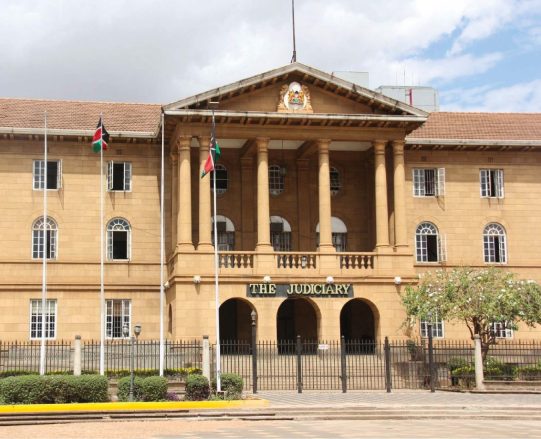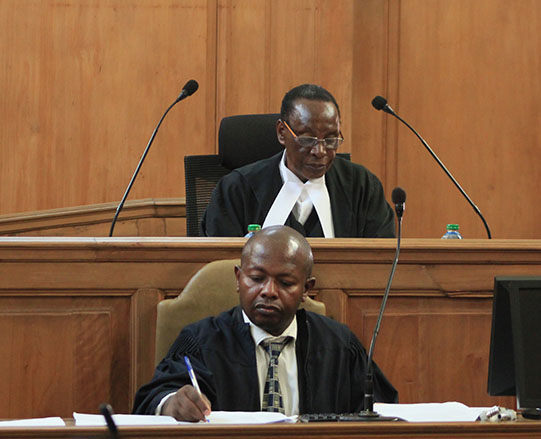The case was first brought in 2013 by Eric Gitari, activist and Executive Director of NGLHRC, after the NGO Coordination Board had refused NGLHRC’s registration on the basis that it was for gay and lesbian people. The NGO Coordination Board claimed that the basis of the rejection was that the proposed names of Gitari’s organisation- including the words ‘gay’ and ‘lesbian’- were inconsistent with the criminalisation of same-sex conduct under sections 162, 163 and 165 of the Penal Code.
Eric Gitari commenced litigation proceedings on the grounds that his constitutional rights to freedom of association (Article 36) and freedom from discrimination (Article 27) had been violated.
In April 2015, the High Court of Kenya at Nairobi ruled in favour of the applicant. The court held that ‘“every person”’ in Article 36 of the Constitution includes all persons living within the republic of Kenya despite their sexual orientation.’ The court went on to declare that ‘the respondents have contravened the provisions of Article 36 of the constitution in failing to accord just and fair treatment to gay and lesbian persons living in Kenya seeking registration of an association of their choice.’ The three-judge bench also stated that ‘the petitioner is entitled to exercise his constitutionally guaranteed freedom to associate by being able to form an association.’
In regards to Article 27 of the constitution, freedom from discrimination, the court found that the NGO Coordination Board had acted in a manner that was unconstitutional and unlawful. The court stated, ‘it is not for the Board to only register NGOs whose names are in harmony with the personal views and convictions of its officials regarding gay and lesbian people.’
Download the Case Summary


![Eric Gitari v NGO Board & 4 others [2015], Petition 440 of 2013](https://www.humandignitytrust.org/wp-content/uploads/2018/03/Flag-of-Kenya.png)
